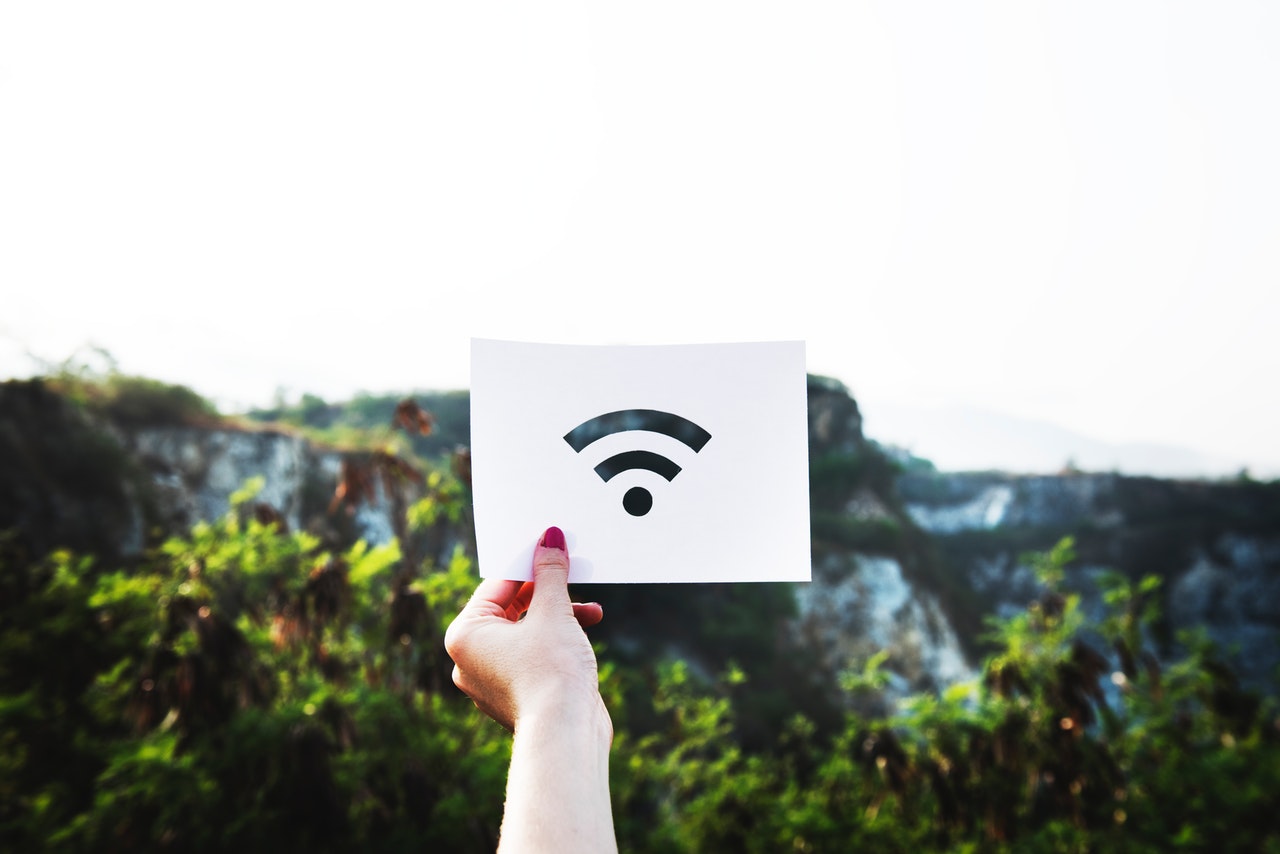Sometimes it can feel like we are all a little bit addicted to the Internet. Just look at how many times today you’ve checked your phone, your tablet, your laptop, your desktop, and your voice assistant (Siri, Alexa, etc.) If someone were to take all of those devices away from you right now, you might feel as though you were going through withdrawal. But what does it mean to have a full-blown Internet addiction?
Internet Addiction is a New, Emerging Diagnosis
It takes time for the world to really gain insight into medical and psychiatric issues. Technology has changed so rapidly that we haven’t quite caught up. As a result, we are all still trying to figure out exactly what Internet addiction is. In fact, there is no official diagnosis for this condition in either the DSM or the ICD, which are the two major tools that doctors use to diagnosis mental health conditions. However, we’re starting to see that shift.
The most recent edition of the DSM specifically lists “Internet gaming disorder” as an emerging problem with a need for further research and evaluation. Likewise, the World Health Organization recently updated the ICD to include gaming disorder. In order to establish a clear diagnosis for a condition, we have to have a lot of research and information. Much of the research done to date has been specific to the addictive nature of online gaming, which is why this is the first aspect of Internet addiction to begin emerging in the literature.
Types of Internet Addiction
Although gaming addiction is one of the most widely-studied aspects of Internet addiction, it’s certainly not the only reason that people get addicted to the Internet. In fact, these days, many of the features we use online each day are specifically designed to get our attention and keep it, encouraging addictive behavior. People can become addicted to almost any aspect of the Internet including:
Internet gambling
Media bingeing including streaming TV and news
Online shopping
Online relationships from dating to catfishing
Pornography
Selfies and the self-curated life
Social media
Stock trading and auction activity
Texting
Wearable technology and checking “trackers” (such as fitness apps)
Symptoms of Internet Addiction
Although there isn’t an official diagnosis for Internet addiction, we can look towards the history of diagnosing addiction generally to get a sense of what it means to have an Internet addiction. This is a form of behavioral addiction (similar to compulsive gambling or overeating.) Addiction means that you keep engaging in the behavior, often at increasing rates, despite negative life consequences. When you try to quit, you experience withdrawal symptoms and cravings. Therefore, symptoms of Internet addiction include:
Using the Internet more and more frequently over time, checking it constantly, feeling disconnected if you don’t have access
Staying online for longer and longer periods at one stretch; some people with Internet addiction are online for 24 hours straight, barely stopping to eat or use the bathroom
Negative consequences to one or more areas of life including relationships, health, work, school, and finances; if you are losing sleep or not getting to your job regularly because of online activity then you might have addiction issues
No desire to quit despite those consequences or having the desire to quit but finding yourself unable to do so particularly due to cravings and withdrawal symptoms
We all use the Internet regularly. Some people are able to do so without any problem. Others develop a full-blown addiction. If you are struggling with symptoms of Internet addiction, then you might find that therapy can help. You can learn tools for focusing, organization, groundedness, and mindfulness that can assist you in managing your Internet use so that the technology works for you instead of against you.

